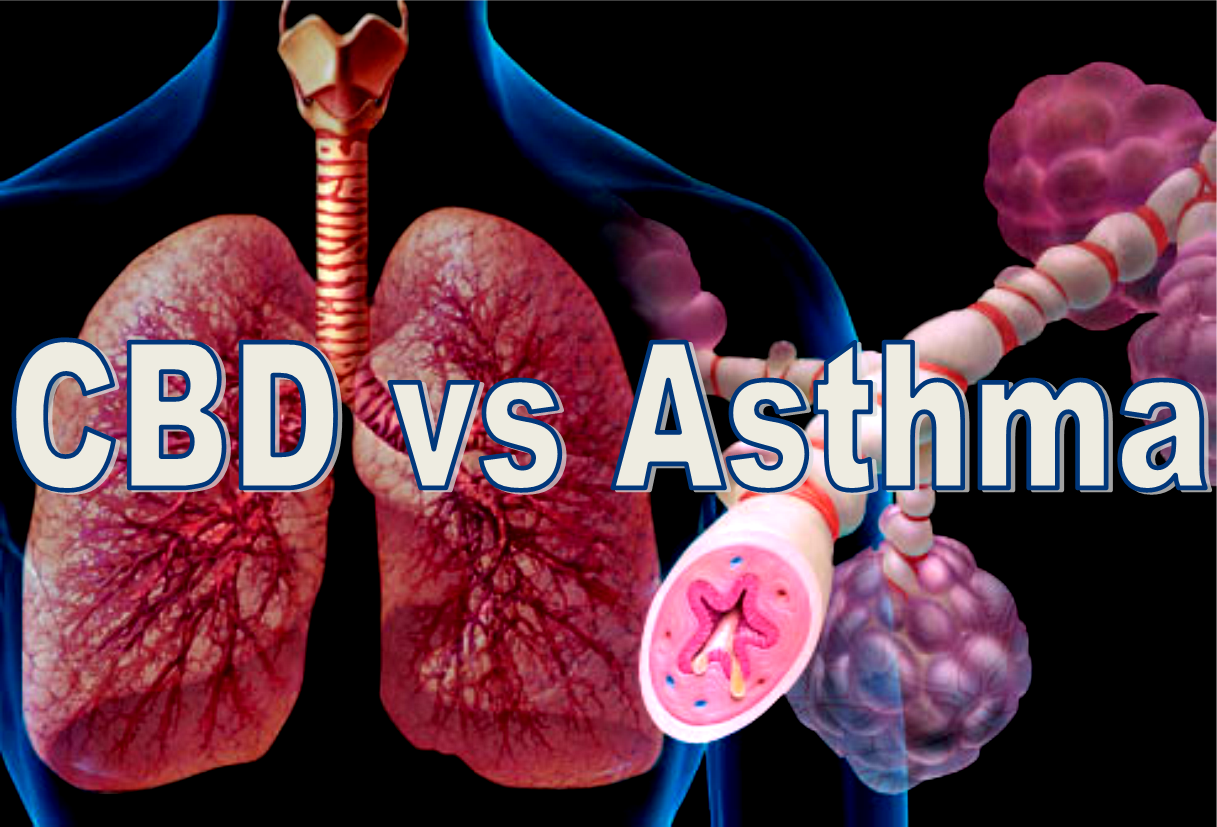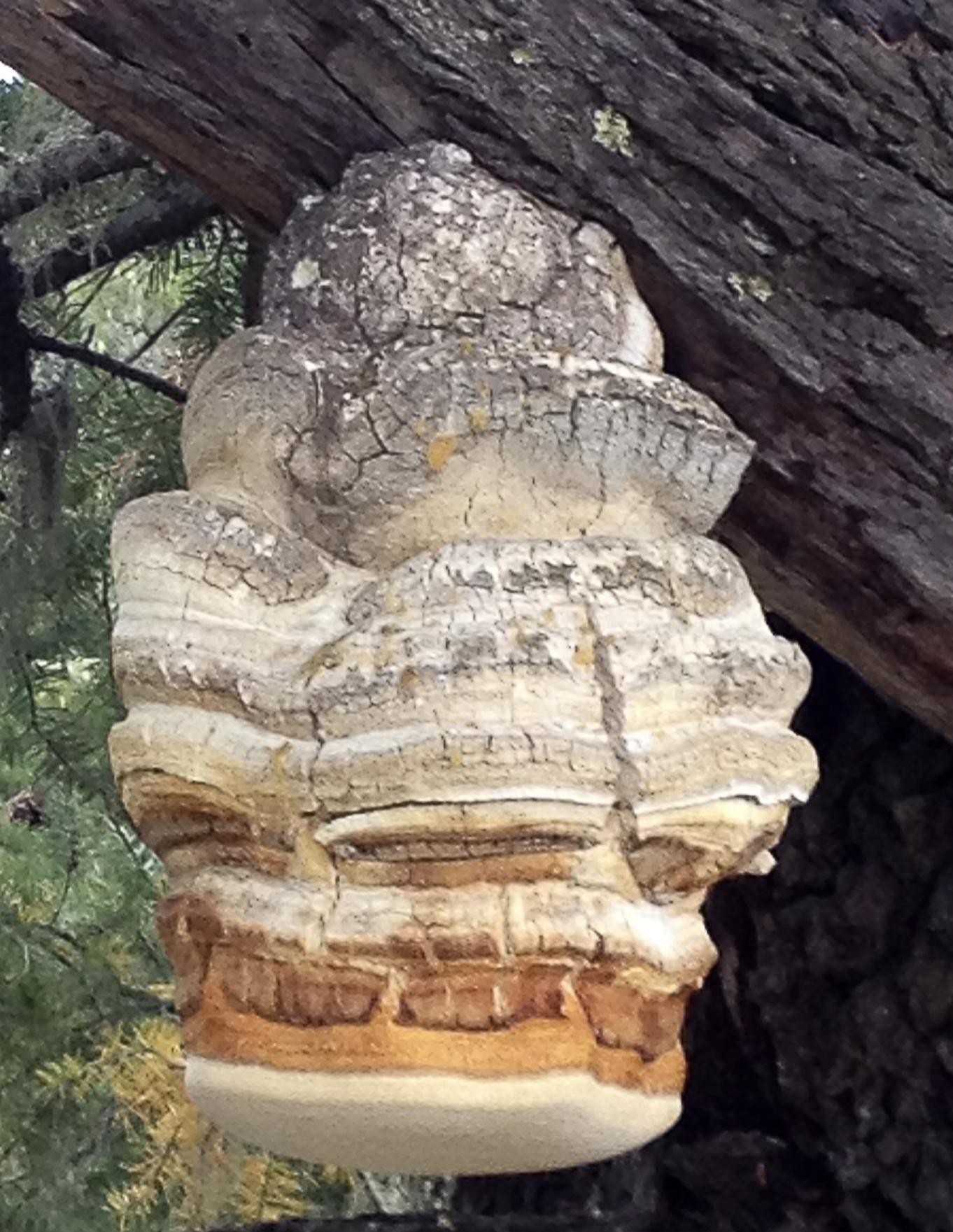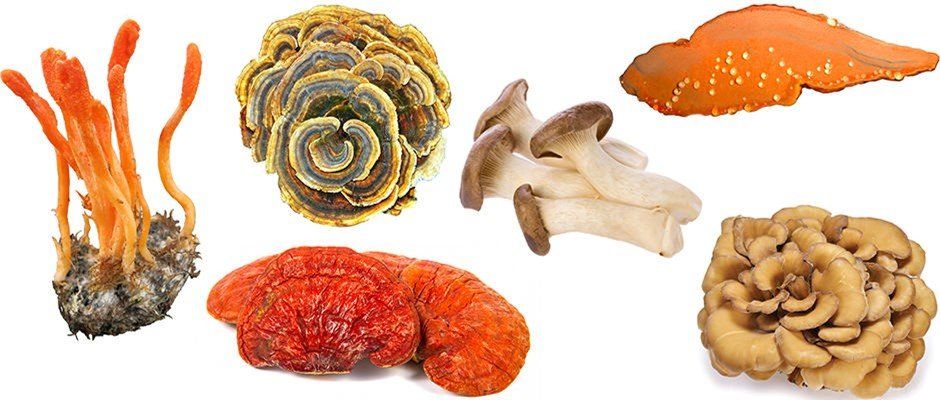CBD vs Asthma
Can CBD help with your asthma symptoms?

According to the Centers for Disease Control & Prevention (CDC), 1 in 13 people have asthma & it is the most common chronic lung condition. In this article we are going to take a look at the characteristics of asthma and how CBD can help sufferers manage this chronic and very scary disease.
What is asthma?
Asthma affects millions of people & characterized by inflammation, airway obstruction, bronchial spasms. To understand asthma more we need to take a look at the lungs and how they work.
Your lungs are spongy organs that begin at the bottom of your trachea (windpipe). Their function is to absorb and carry oxygen to your blood stream & expel carbon dioxide. Attached to the trachea in each lung is a tube called a bronchus which branches out like a tree finally ending in clusters of microscopic air filled sacs called alveoli.
The pathway of a breath
- Air/Oxygen enters the throat to the trachea
- The trachea carries the breath to the right and left main bronchi into the upper lobes of the lungs
- The main bronchi carries the breath into the "tree branches" of the smaller bronchi airways
- The bronchi branch off even further to the small bronchiole tubes
- The bronchiole tubes carry the breath to clusters of tiny air filled sacs called alveoli. It is here that the respiratory system comes in contact with the circulatory system.
Your lungs contain over 300 million alveoli. Each of these tiny clusters are covered by a net of tiny blood vessels and this is where the exchange of oxygen to carbon dioxide takes place. Your heart pumps deoxygenated blood into the lungs via the pulmonary artery to the capillaries which receive oxygen from the alveoli and return carbon monoxide which is expelled by the lungs. The oxygenated blood is sent back to the heart to be pumped to the rest of your body & the process starts all over again.
When the structures in the lungs become inflamed, asthma symptoms present. This inflammation causes the bronchi to swell & narrow, slowing down the flow of air & making breathing difficult. Chronic inflammation can cause bronchial spasm, and if left untreated can lead to airway remodeling which can significantly increase the severity of the condition & make reversing much more difficult.
What are asthma "triggers"?
So, now that we have touched on what asthma is we need to look at the most common triggers that lead to these symptoms.
- Allergies : For many people, seasonal allergens and/or food allergies can cause inflammation and trigger an asthma attack.
- Airborne Irritants : For some people, particles in the air such as pet dander, smoke, heavy perfumes, dust mites, mold, cockroach droppings, etc. can cause inflammation and trigger an asthma attack
- Illness : For some people, certain illnesses (Especially illness of the lungs such as upper respiratory infection) cause inflammation and can trigger an asthma attack
- Extreme Stress : Many asthmatics report stress as a trigger for an asthma attack.
What do I do if I have an attack and I don't have my inhaler?
- Stay Calm
- You or someone near you needs to call for emergency medical help
- Stop what you are doing and sit perfectly upright giving your lungs room in your chest
- Remove yourself from whatever triggered the attack if possible
- Drink a hot caffeinated beverage
- See a medical professional, even if the attack subsides
How can CBD help me to control my asthma?
- CBD is a powerful anti- inflammatory
- CBD is a bronchodilator & helps to open up the airways
- Contrary to what most people think about CBD, it has been shown to have no link to lung damage
- CBD contains potent immunosuppressive & anti-inflammatory properties
- CBD contains powerful anti-anxiety properties, helping to keep some triggers from resulting in an asthma attack
- CBD is a powerful anti-spasmatic, helping to reduce bronchospasms
In a nutshell, adding CBD to your routine will promote homeostasis in your entire body including your lungs!
** These statements have not been evaluated by the Food and Drug Administration. These products are not intended to diagnose, treat, cure or prevent any disease.










